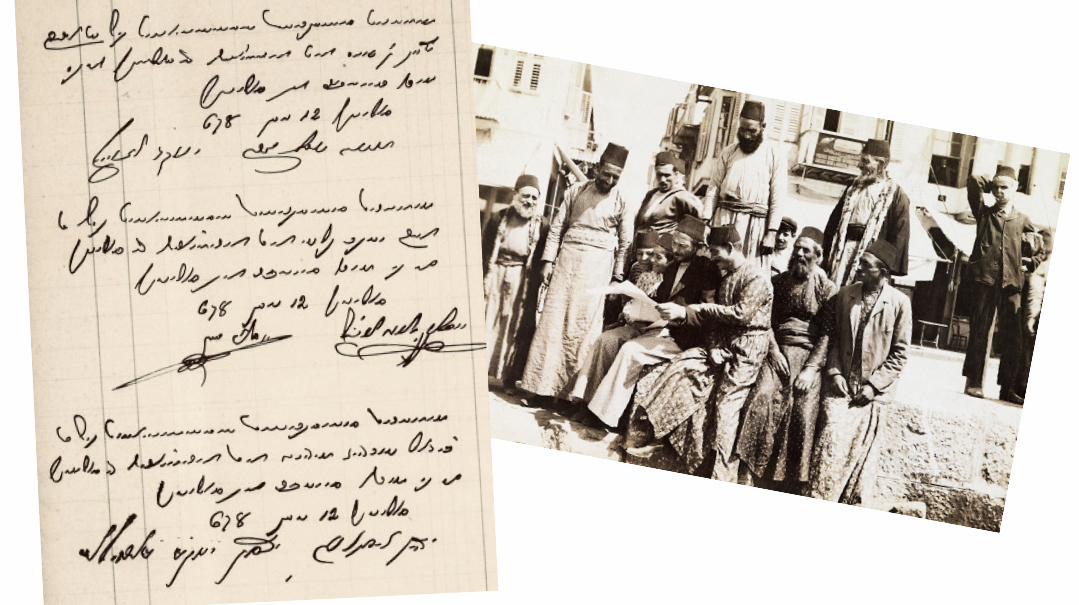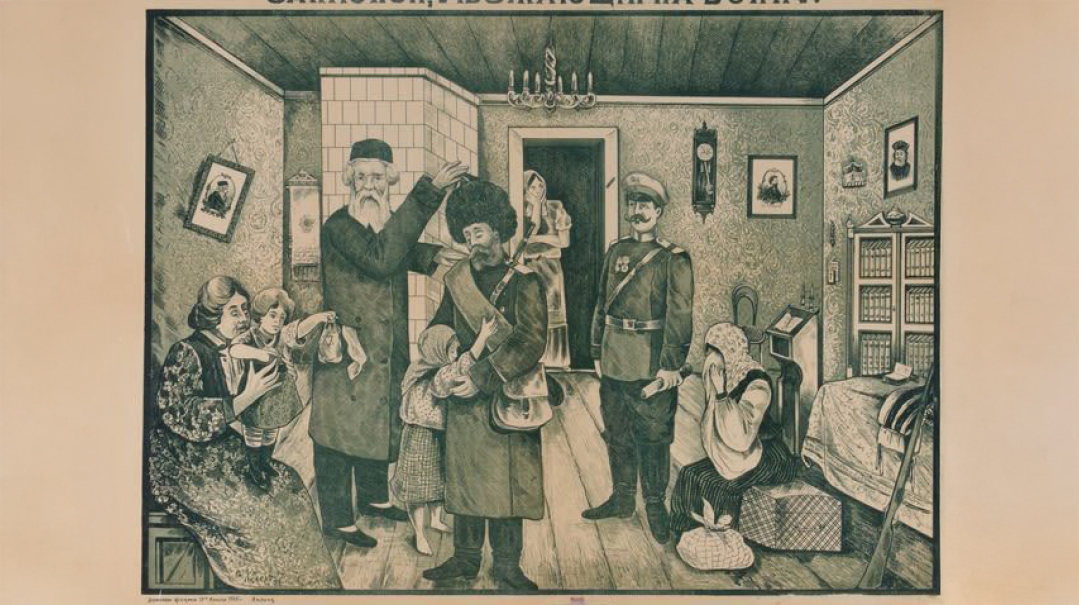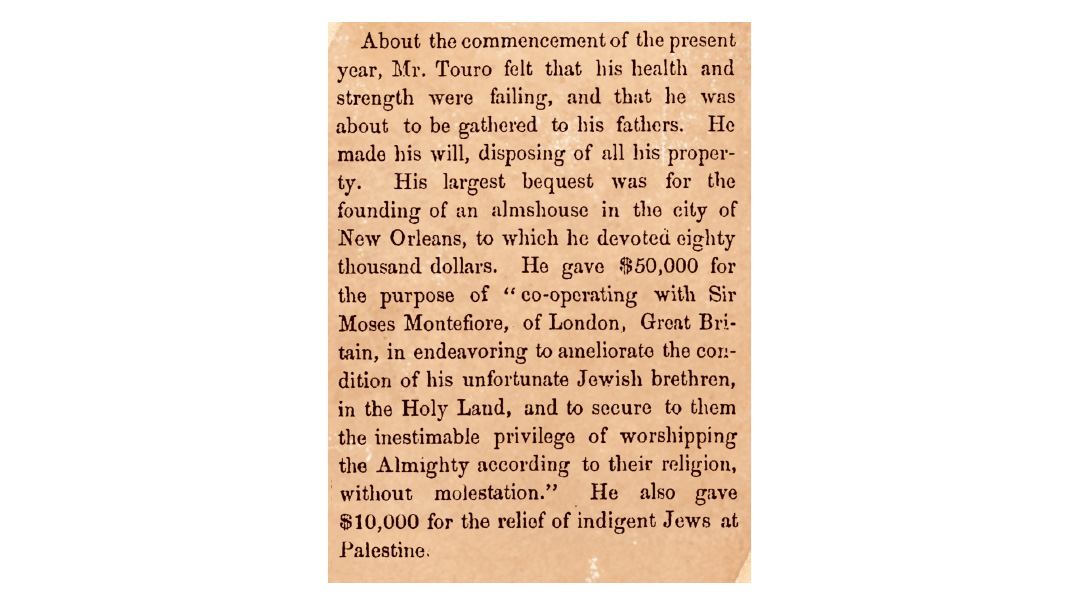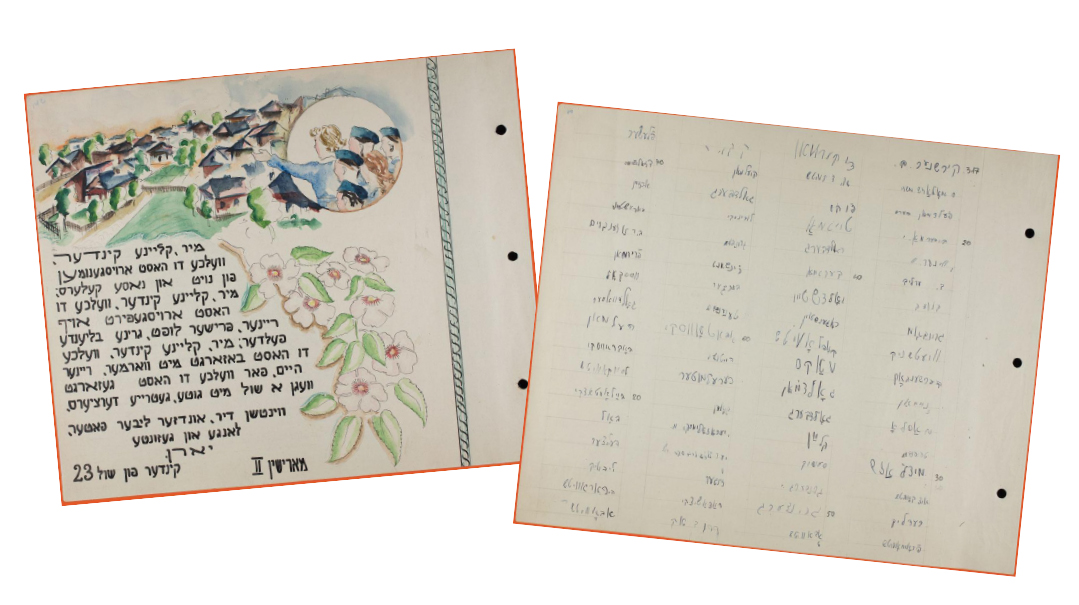[CENSORED]
| March 15, 2022A long and strange paean to the one of the worst czars the Jewish People had ever known
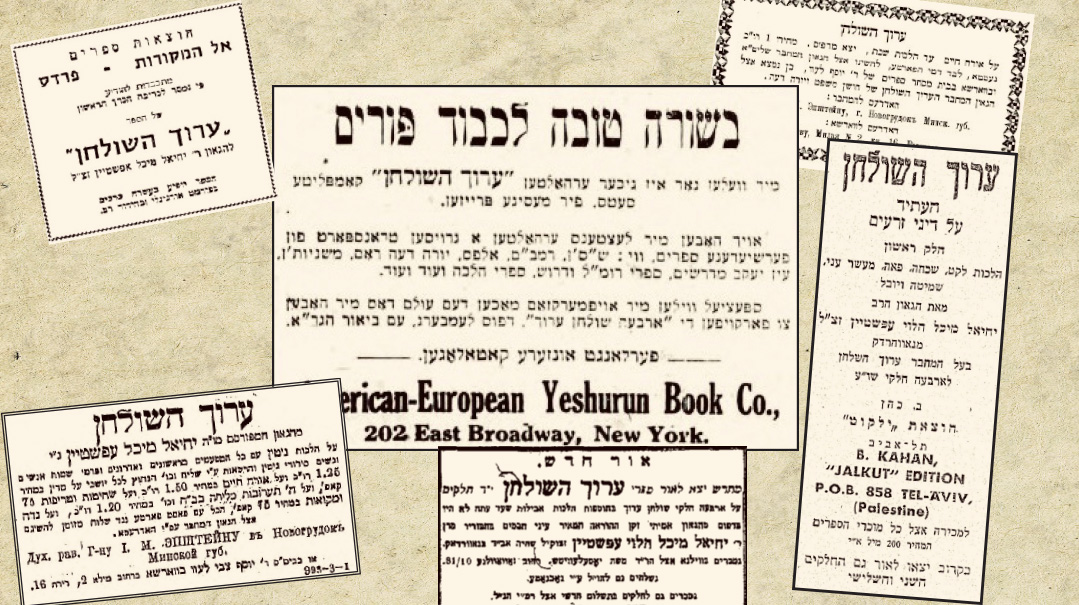
Title: [CENSORED]
Location: Czarist Russia
Document: Various newspaper ads
Time: Late 19th and early 20th Century
Long live the great Czar Alexander III, his wife the Czarina, the crown prince, and the entire royal family. May Hashem bestow kindness to his anointed one, our sovereign and master the great Czar, and may he merit many years at the helm of his empire, amen!
These words, appearing in the introduction to a sefer published in 1884, ended a long and strange paean to the one of the worst czars the Jewish People had ever known — the one responsible for the 1881 pogroms, the May Laws, and other restrictive measures. Why was the author so effusive in praising the evil czar? And why did he emphasize that the Jewish subjects of the Russian Empire paid their taxes, and were particularly diligent in the Talmudic dictum of dina d’malchusa dina?
When Rav Yechiel Michel HaLevi Epstein, rav of Novardok, went about publishing his magnum opus, Aruch Hashulchan, he had to contend with a challenge that plagued all authors of Hebrew works in the Czarist empire — the heavy hand of the Russian censor. Such draconian measures were especially apparent in the halachic realm of Choshen Mishpat, as rabbinic monetary law could potentially conflict with Czarist law.
Rav Yechiel Michel hoped his introduction, entitled “Kavod Melech,” would expedite the process, but was disappointed to find that the censor’s redactions were nevertheless lengthy and tedious. When his daughter Braina Volbrinski republished this volume after his passing, the atmosphere had calmed down sufficiently that she felt comfortable omitting the introductory page.
But the censorship was just beginning. Rav Yechiel Michel added a disclaimer to the introduction: “The explanations of these laws are relevant only with the permission of the Czar’s government, and dina d’malchusa dina.” He added similar disclaimers in other “sensitive” sections of Aruch Hashulchan as well, such as the laws of moser or geirus. At the outset of Hilchos Nidui V’cherem, he wrote, “Dina d’malchusa dina is a klal gadol. The Czar’s law forbids us from enacting nidui or cherem… Therefore these laws are only applicable in other countries where the government permits it. But in our country, G-d forbid that we would utilize nidui or cherem…”
The Pnei Menachem of Gur, Rav Pinchas Menachem Alter, wrote glosses to the Aruch Hashulchan, noting, “In many instances in this sefer it is apparent that the choice of words used was a result of the censor’s imprint.” Sensitive piskei halachah are often contextualized as having relevance only “in ancient times,” and non-Jews are referred to as either “mitzri” or “anas” (wrongdoer).
Despite the setbacks of Czarist era censorship and the high cost of printing, Rav Epstein succeeded in printing many volumes of Aruch Hashulchan between 1884 and his passing in 1908. It achieved immense popularity during his lifetime, and the work continues to influence the world of halachah until this very day.
The “Dangerous” Choshen Mishpat
The 1847 edition of Shulchan Aruch Harav on Choshen Mishpat included the disclaimer, “These halachos are not applicable nowadays at all.” That wasn’t enough for the censor, so in the 1851 edition, Choshen Mishpat was left out entirely. Rav Yitzchok Elchonon Spektor’s Ein Yitzchok was published without the Choshen Mishpat section, while his Nachal Yitzchok contained a title page similar to the Aruch Hashulchan’s “Kavod Melech” page — though in 1872, the praise was directed to Czar Alexander II, considered relatively benevolent as far as czars go. “We must always pray for our master the Czar’s welfare and success…”
Davening for a Despot
The story is told of a simple Jew who asked the Chofetz Chaim, “How can we pray for the welfare of the czar, who persecutes us so?”
The Chofetz Chaim replied, “The prayer for the czar is immediately followed by Av Harachamim, in which we ask Hashem to avenge Jewish persecution. The reason that one follows the other is clear!”
(Originally featured in Mishpacha, Issue 903)
Oops! We could not locate your form.
